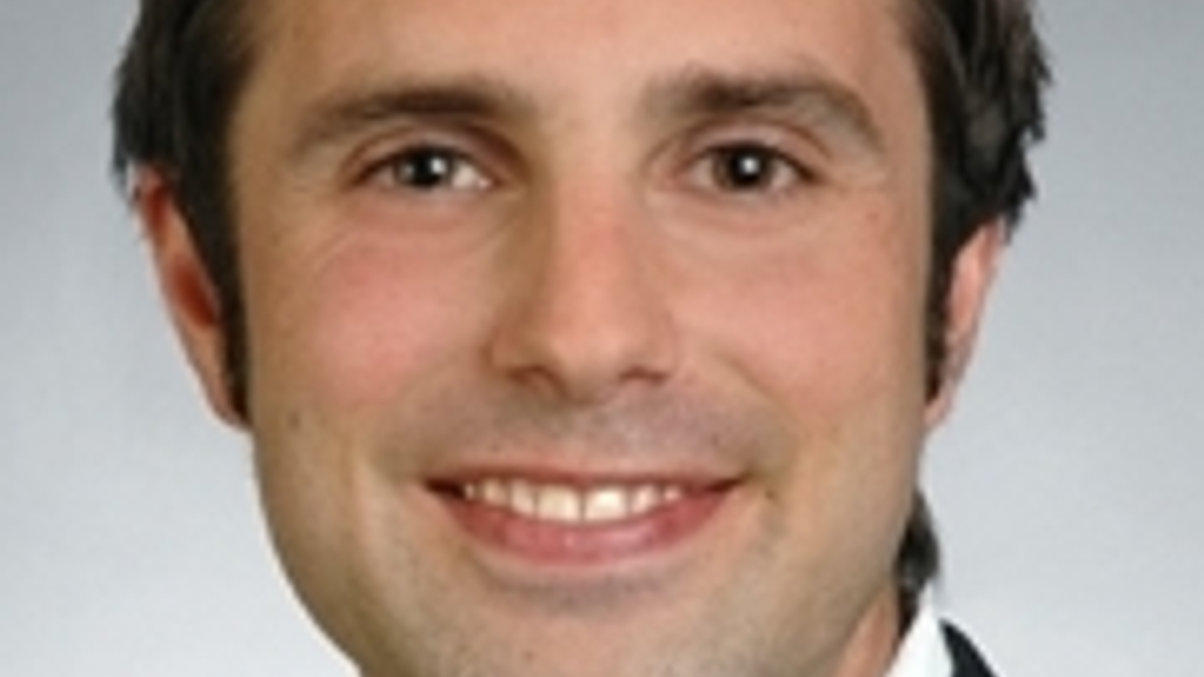Wegelin to launch CTA strategy, backs active indexing
The Swiss private bank and asset manager is looking to build an Asia-Pacific client base for its range of global products based on risk parity and dynamic indexing.

The number of investors shunning the traditional market capitalisation-weighted approach to indexing is starting to pick up, and Wegelin & Co is one firm championing the shift towards active strategies.
Sign in to read on!
Registered users get 2 free articles in 30 days.
Subscribers have full unlimited access to AsianInvestor
Not signed up? New users get 2 free articles per month, plus a 7-day unlimited free trial.
¬ Haymarket Media Limited. All rights reserved.


